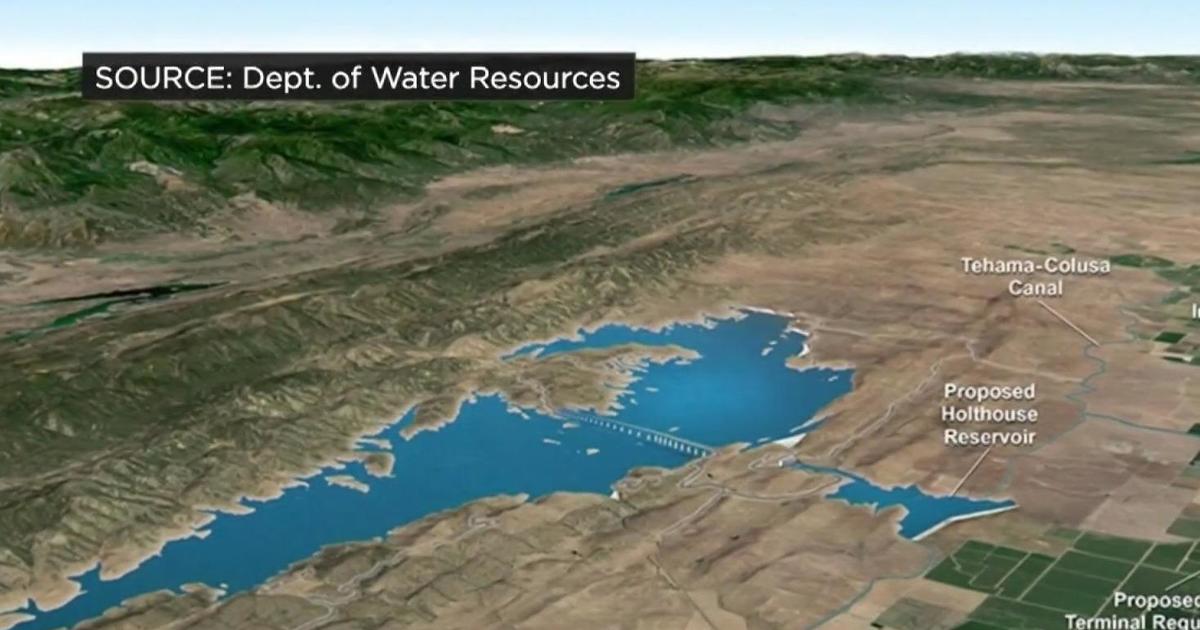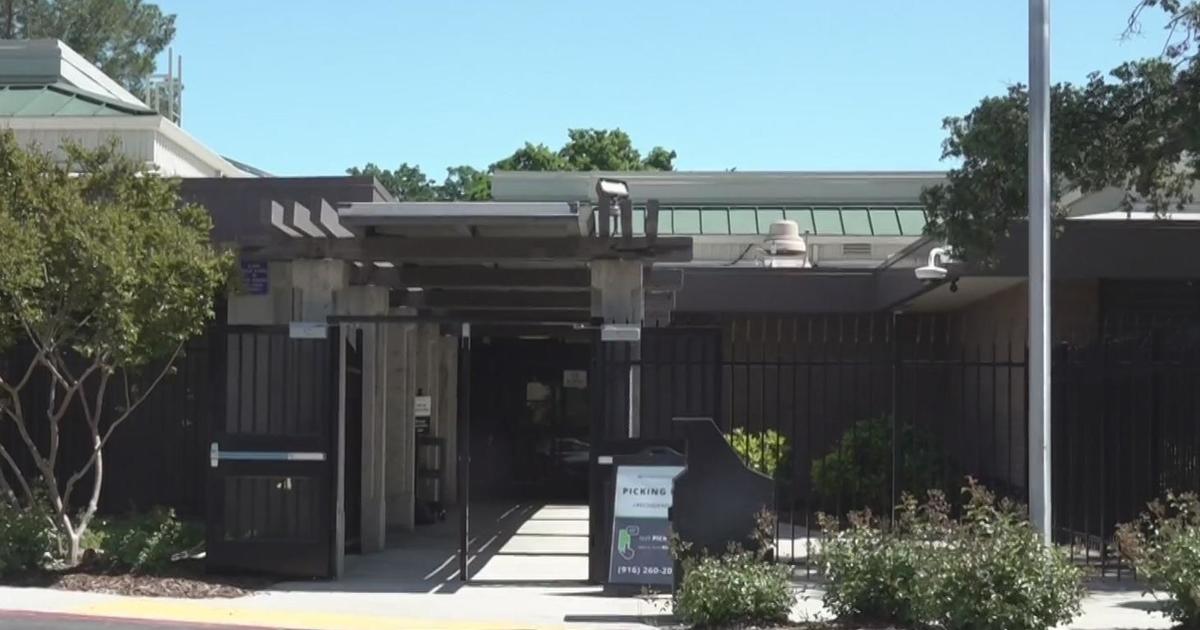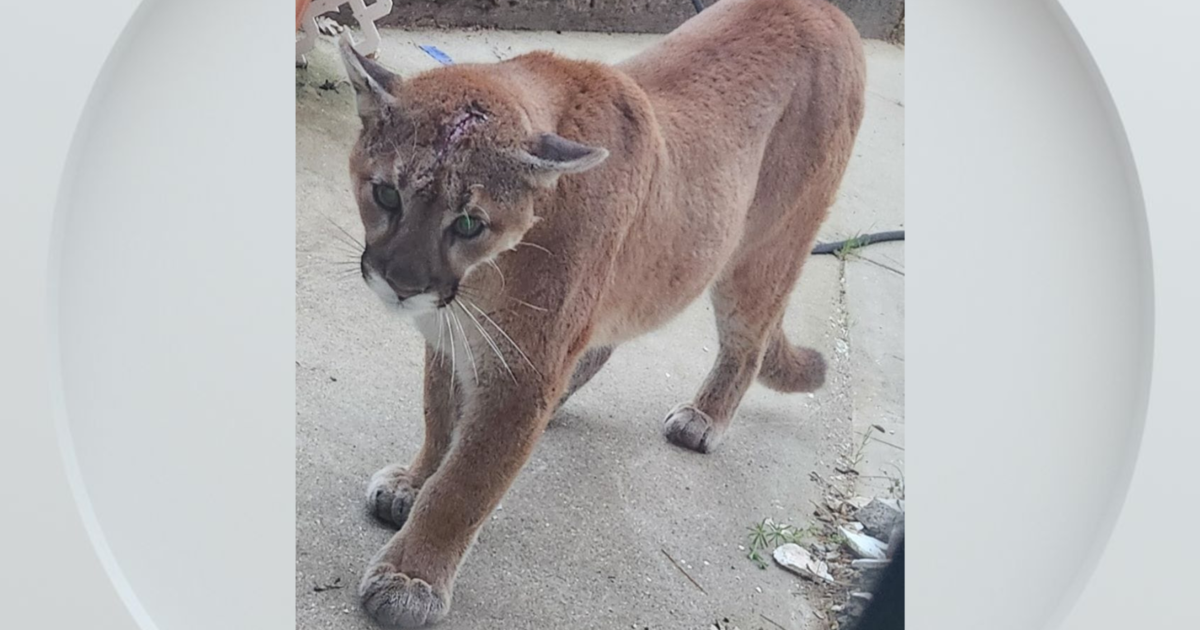Scientists: Meteor Strike Caused A Mass Extinction Nearly 35 Million Years Ago
SACRAMENTO (CBS Sacramento) - A meteor that crashed into what is now remote Siberia nearly destroyed all life on Earth around 35 million years ago.
That theory was presented at the Californian Goldschmidt geochemistry conference underway at the Sacramento Convention Center
The Popigai crater is the 10th largest meteor impact site in the world. It had been off limits to scientists until after the fall of the Soviet Union, largely because of rare diamonds found on the site that were created by the sheer force of the meteor slamming into graphite material in the soil.
UCLA scientists dated rocks from beneath the crater and found they matched the time of a mass extinction event that occurred during the Eocene Era.
Geologists had believed the "Eocene extinction" was likely caused by rapid climate change. This new finding suggests the impact created an "impact winter." So much material is blasted into the atmosphere that the sun can actually be dimmed and the planet surface grow colder.
"I don't think this will be the smoking gun, but it reopens the door to Popigai being involved in the mass extinction," said lead study author Matt Wielicki, a UCLA graduate student.
(TM and © Copyright 2014 CBS Radio Inc. and its relevant subsidiaries. CBS RADIO and EYE Logo TM and Copyright 2014 CBS Broadcasting Inc. Used under license. All Rights Reserved. This material may not be published, broadcast, rewritten, or redistributed.)



